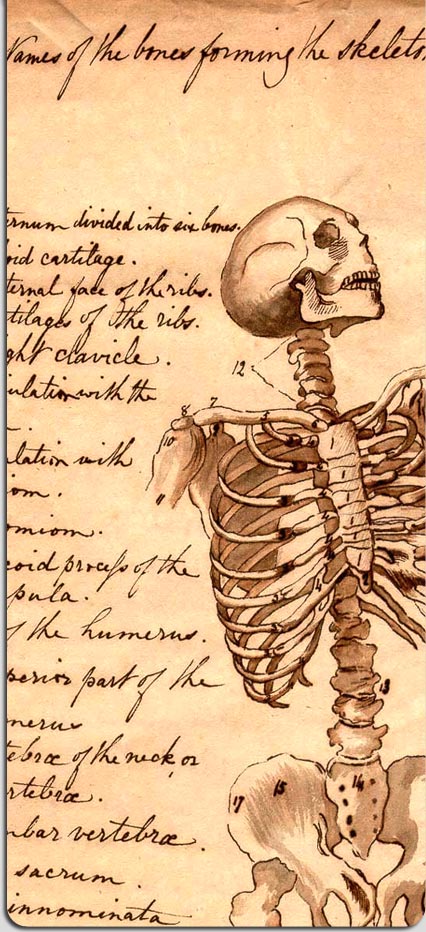Self-Service
Had to write an essay for my community health class, which took the writing time away from blogging. As it’s at least somewhat medically related, I thought I’d post it here, too. Warning: if limitless idealism and the hope of a more just and equal society are turn-offs, you might as well quit reading right now. And now, without further ado: Self-Service .
I guess it all boils down to the selfish capitalist in me. But service-spending one’s time and effort toward helping another without receiving tangible gains
from the act-is hard to define; the reasons I do it, even harder. It falls under that hazy category where many of life’s gray areas lay. As Justice Potter
Stewart quipped, “I know it when I see it.”
It’s
selfish
because every time I’ve ended up doing “service,” I come back having taken away more than I ever could’ve possibly served out. Whether working
on rural construction in Tennessee or tutoring a 5th grader, service has given me incredible clarity-of-life and wisdom. I can’t imagine that roofing a house or
practicing multiplication tables could be anywhere as near as valuable.
It’s selfish in a Kevin Bacon and Friendster way, too. I’m reminded every day about how interconnected we all are. And if I can somehow help someone, maybe they’ll help someone else, pay it forward, and the world will quickly become the idealistic vision I’ve had of it since high school.
Service for me began with these “church trips,” doing service work around the country during my high school years. (I should mention that these were the least churchy of all church trips-my repertoire of dirty jokes comes from the long van rides, and mentions of “The Bible,” “God,” and “Jesus” were mentioned, at most, once a day.)
I think the trips exposed my white, suburban-bubble, thin skin to societal confusion and frustration at a fairly early age. It was something of a white-guilt-complex-turned-philosophical-questioning: your stereotypically obnoxious teenager worries if he’ll get a car so he can drive himself to school, while other people are having trouble finding housing or jobs. So why’d I get picked to grow up in Overland Park, Kansas? Or was I even picked at all? Service forced me to live the examined life at a time I probably would’ve preferred to keep my blinders on.
But service also just felt good . And still does. Not in a “relieving white guilt” kind of way. But in a “I can use my own limited set of skills and abilities to try to improve someone else’s world” way. Maybe it’s the control freak in me-I can put a little of my own sense of order to someone else’s chaos. Or maybe it helps me feel empowered to make change in a world that seems so resistant to it. At any rate, the feeling’s addictive. Be it working as a team or as an individual, just the fact that I can somehow make a positive impact on someone else makes me feel good. It’s my very-limited way of increasing the opportunity in the world. Of being someone’s Great Equalizer.
Which brings us to the capitalist argument. (For clarity’s sake, this may be, in fact, the only capitalist argument I’ve ever made. So listen up.) Fundamental to America, and fundamental to capitalism, is opportunity. Without it, no one can excel. And service seeks to create opportunity-or at least facilitate it.
I’ve always subscribed to the school of thought that without the opportunities I’ve had, I wouldn’t be where I am today. I don’t find myself to be especially driven, intelligent, or hard-working. Granted, my boyish good looks and killer moves on the dance floor helped. But I digress. I’ve always thought that anyone with the opportunities that I’ve had could be at least as successful as me, given the resources I’ve been given-a supportive family, a great education, a safe home. So for me, service is my personal extension of that belief-if I can somehow help provide something I had to someone else, maybe they’ll be as fortunate as I’ve been.
It was service that gave me the inspiration for my medical school essay, too. I participated in a student group in college called Alternative Spring Break. ASB, like my church trips, took students all over the country to spend their spring breaks doing service-learning: service work for a week, along with learning about the issue they were trying to improve. And it was service that made me take this class. It frustrated me to no end that I had only two hands. That I could spend a week building a 12 foot bridge in Appalachia, but there’d still be 200 more that needed to be built. That’s what got me interested in public health and health policy-as much as I love the personal contact and relationship between a physician and patient, I couldn’t truthfully say that I was improving health care if I was going to do it one patient at a time.
So that’s the goal: improving health care. I’d like to integrate policy and public health into my career as a physician-meeting with local officials to try to deal with lead poisoning, educating my colleagues about national health insurance, or working for the CDC or Public Health Corps. I’m scared that I’ll become jaded in residency (or even sooner) and give up. I’m scared that I’ll be distracted by material goods and monetary plunder. I’m scared that I’ll be so far removed from the lives of my patients that I won’t even be able to relate.
I guess I figure if I start getting myself involved in community health efforts now, when I’m old and lazy I’ll stick with it, because I’ll be too old and lazy to change. I can learn statistics and health policy and genetics later; if I can lock myself into public service now, maybe it’ll still be a part of me when I’m knee-deep in medical practice.
Comments Off on Self-Service
